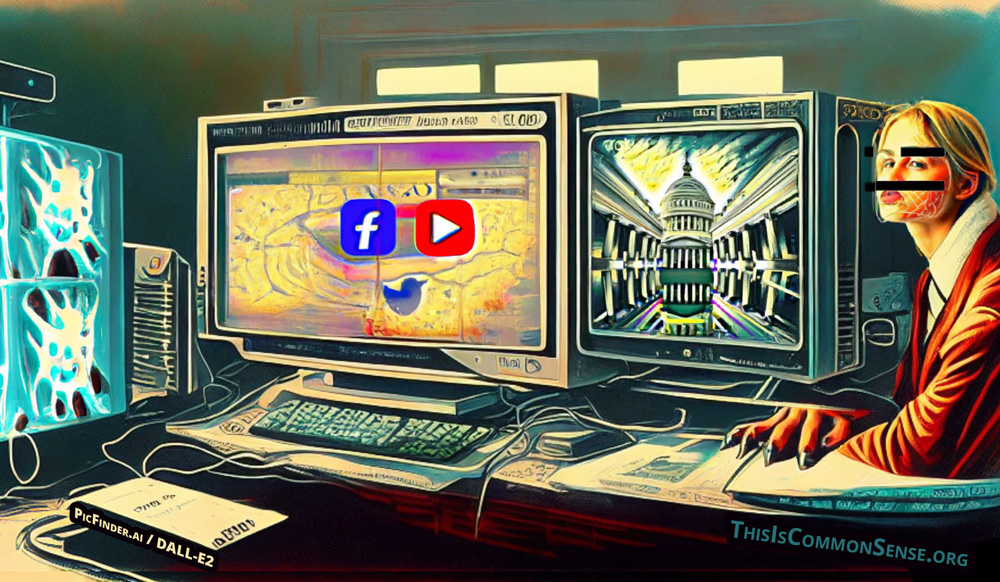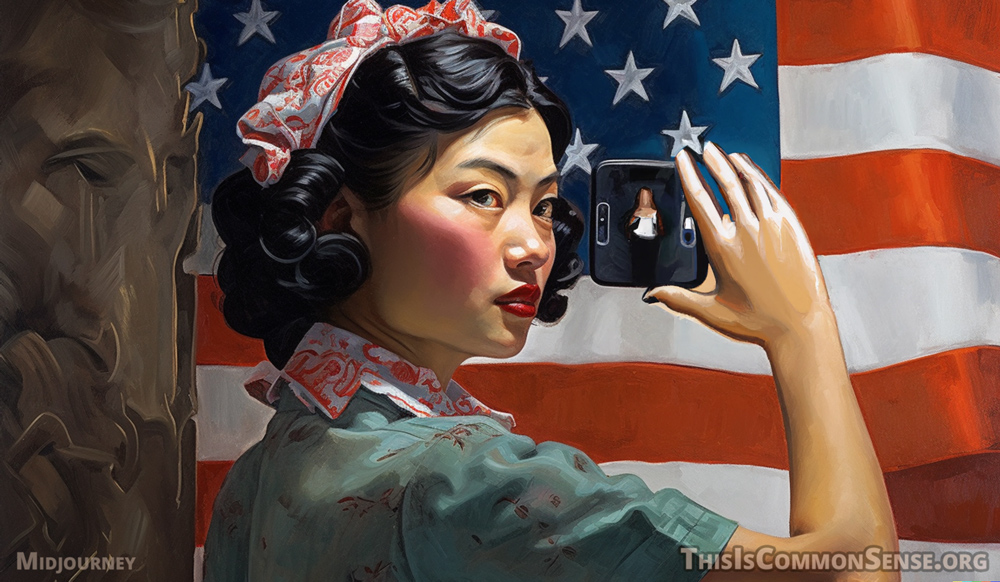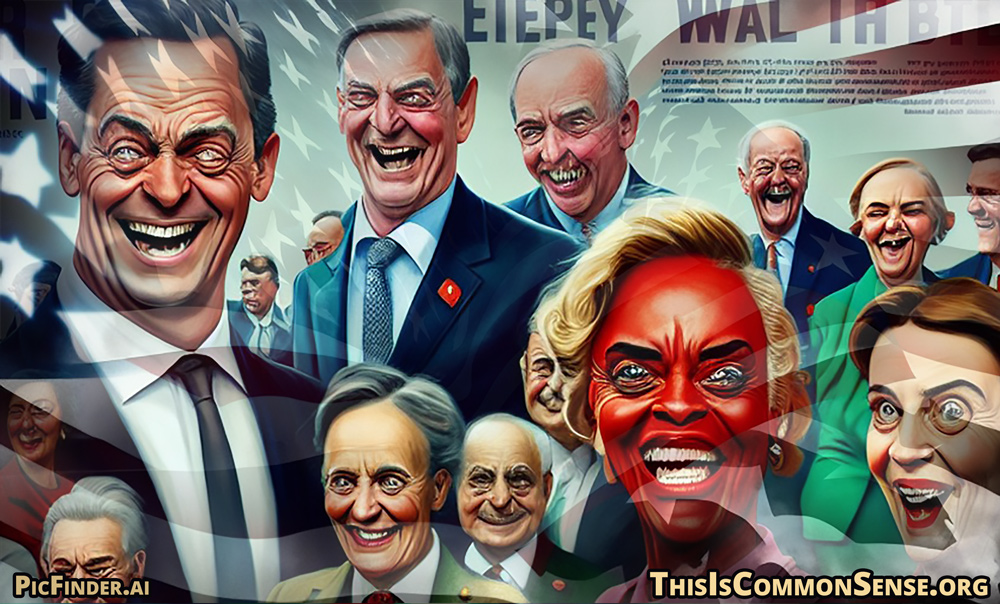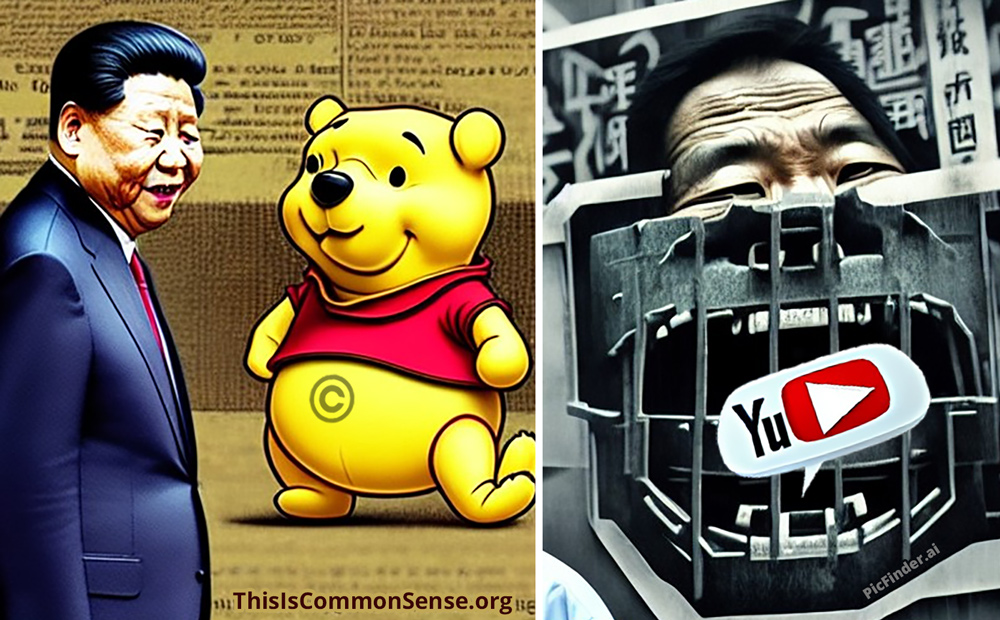Just before the Turkish presidential election, the Turkish government ordered Twitter to block content that its strongman incumbent apparently found inconvenient. (The election isn’t over; a runoff is scheduled for May 28.)
We don’t know what Twitter was told to censor. All we know is that, although now guided by the somewhat pro-free-speech policies of Elon Musk, Twitter complied, saying it did so “to ensure Twitter remains available to the people of Turkey. . . .”
Journalist Matthew Yglesias tweeted that Twitter’s compliance “should generate some interesting Twitter Files reporting.” This is an allusion to internal Twitter communications released by Musk showing how readily and frequently pre-Musk Twitter censored dissenting speech at the behest of U.S. government officials.
The jibe got under Musk’s skin. “Did your brain fall out of your head, Yglesias?” Musk counter-tweeted. “The choice is have Twitter throttled in its entirety [in Turkey] or limit access to some tweets.”
But Twitter doesn’t control Turkish policies. It only controls its own policies.
Had Twitter refused and then, in turn, been throttled in Turkey, every Twitter user there would have known about the censorship by their government. Some might have protested. But only a few people in Turkey will know about the Twitter-abetted censorship.
Musk has in effect announced that Twitter will censor anything governments want if only a government willing to block Twitter does the asking. And what tyrants do is up to them.
Whether we cooperate with their tyranny when we have the means to resist?
That is up to us.
This is Common Sense. I’m Paul Jacob.
Illustration created with PicFinder.ai and DALL-E2
—
See all recent commentary
(simplified and organized)





